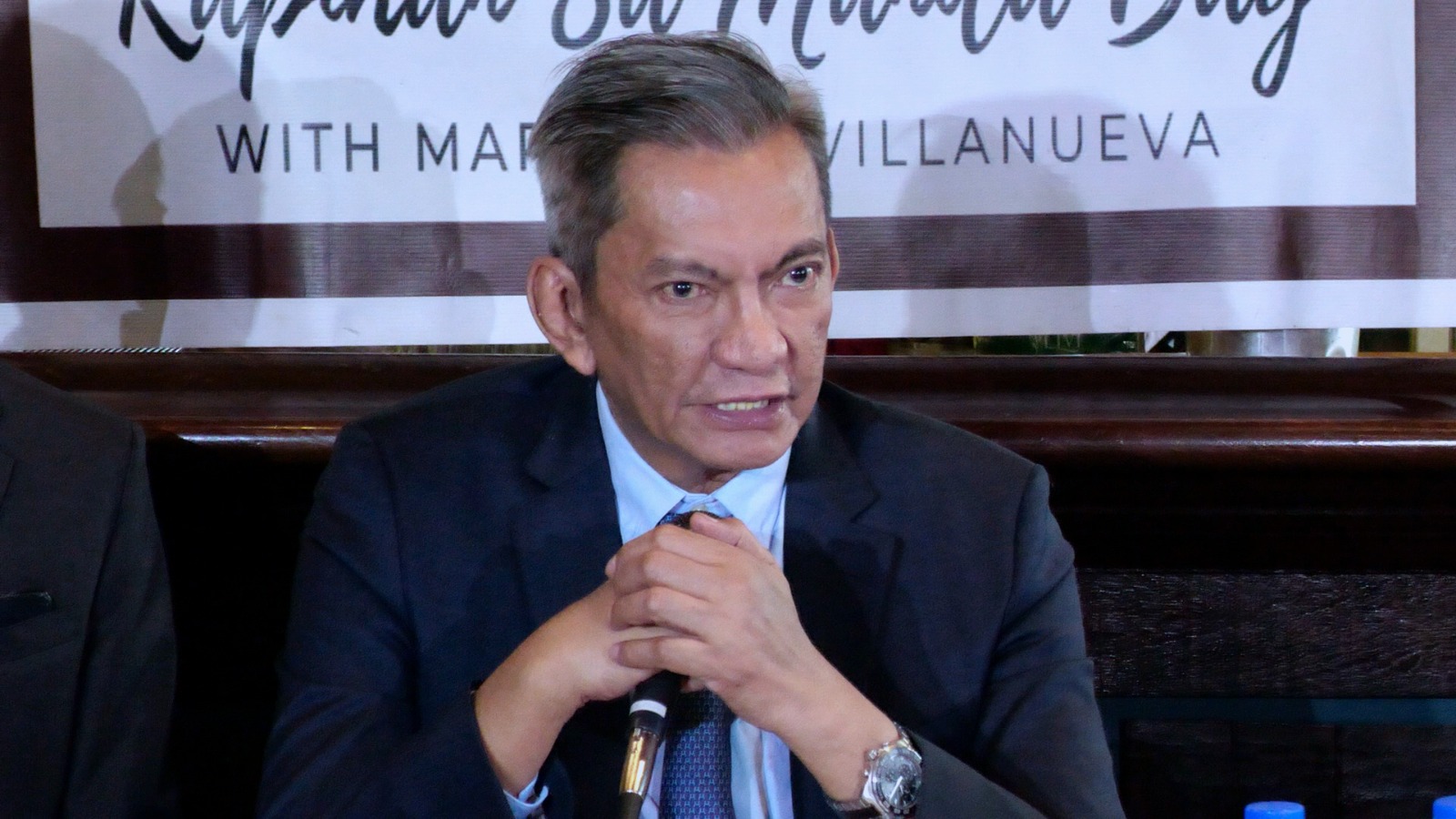

Albay Rep. Joey Salceda —Inquirer photo
MANILA, Philippines — While he sees no problem in the Supreme Court (SC) decision to lift the temporary restraining order (TRO) against the no-contact apprehension policy (NCAP) of the Metropolitan Manila Development Authority (MMDA), Albay Rep. Joey Salceda believes certain reforms and measures must be placed first.
Salceda in a statement on Tuesday mentioned four things that should be done before implementing the NCAP—a system that makes use of closed circuit television (CCTV) cameras and other digital means in enforcing traffic laws—including a clear appeals mechanism and the placement of uniform traffic rules and signages.
“I respect the Supreme Court’s decision lifting the TRO on the No-Contact Apprehension Policy,” he said.
READ: No-contact apprehension takes effect along major roads after SC lifts TRO
“But before it is implemented, four critical safeguards must be in place: (1) A clear and accessible appeals mechanism—just like in the United States, where NCAP-type violations can be contested before a traffic judge; (2) Proper road signages and uniform traffic rules across Metro Manila—many roads still suffer from inconsistent or hidden signs,” Salceda added.
The two other measures according to Salceda include, (3) Assurances that NCAP will not penalize pedestrians unfairly, especially in areas without safe and protected crossings; and (4) Guidelines from the Department of the Interior and Local Government (DILG) and the Public-Private Partnership (PPP) Center to ensure that NCAP implementations—especially those outsourced to private companies through PPPs—do not violate commuter rights or due process.
“I support high-tech traffic enforcement. But we must never allow a system where drivers and commuters are penalized without recourse, transparency, or fairness,” he said.
“Technology must uphold the Constitution—not bypass it. NCAP must be a tool for justice, not just revenue,” he added.
SC on Tuesday announced that it has partially lifted the TRO it issued against the NCAP of the MMDA. However, SC spokesperson Atty. Camille Sue Mae Ting clarified that the TRO for local government unit ordinances on NCAP remains.
With the lifting of the restraining order, the NCAP system will resume over areas it covered before, like the Epifanio delos Santos Avenue, C-5 Road, Katipunan Avenue, Marcos Highway, Roxas Boulevard, Commonwealth Avenue, Quezon Avenue, West Avenue, E. Rodriguez Avenue, and Buendia Avenue.
Salceda in 2022 proposed amendments to the country’s transportation law or Republic Act No. 4136, to include provisions for motorists’ rights and limits on penalties.
Under House Bill No. 3423 filed last August 9, 2022, Salceda wants to place a list of duties of motorists to pedestrians, all to make streets safer.
READ: Salceda: Amend transportation law to include motorists’ bill of rights, cap on penalties
Furthermore, he stressed that there should be a need to protect motorists from “unreasonable surcharges, fees, taxes, and fines”, aside from lowering fines or providing alternative punishment for people driving as a source of income or livelihood.
Salceda said that he thought of the bill after being made aware of the high penalties brought by the NCAP. /cb

